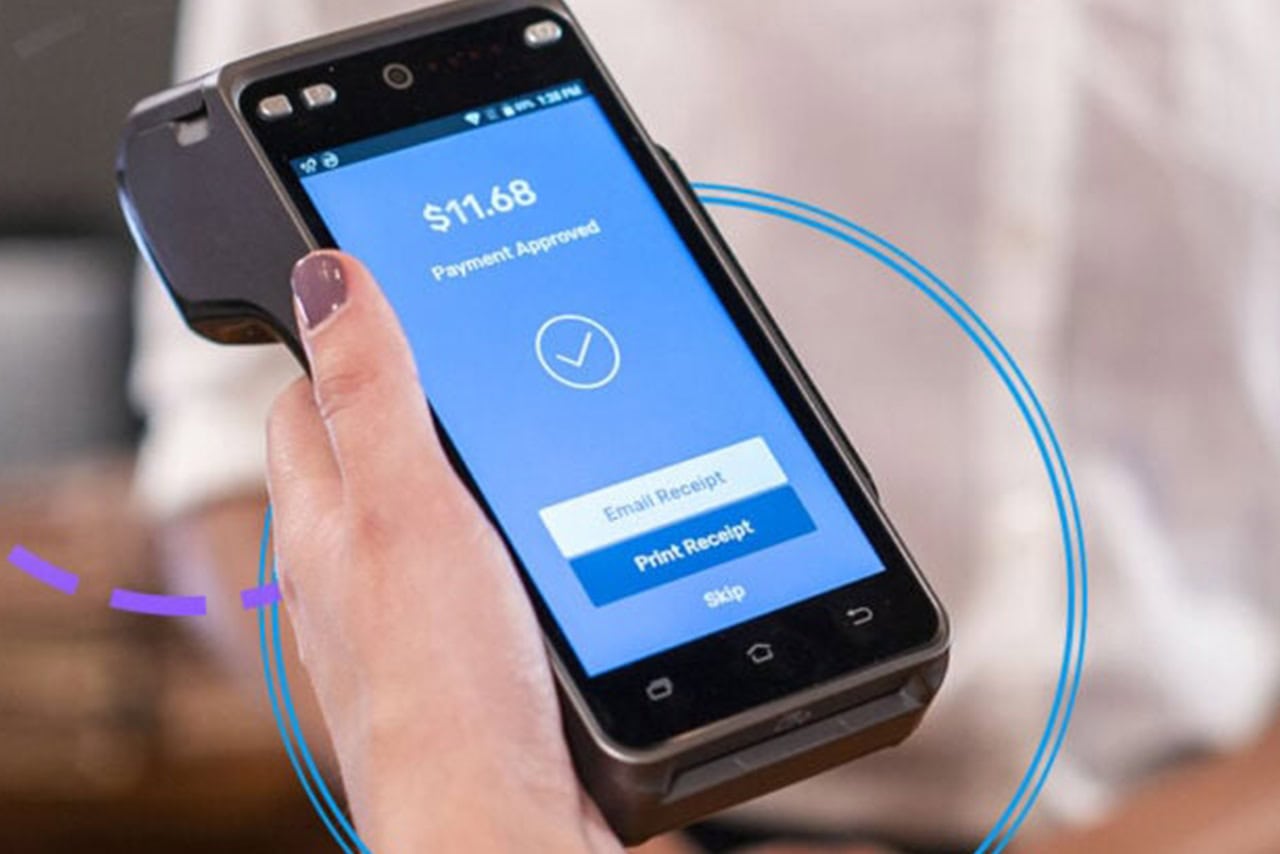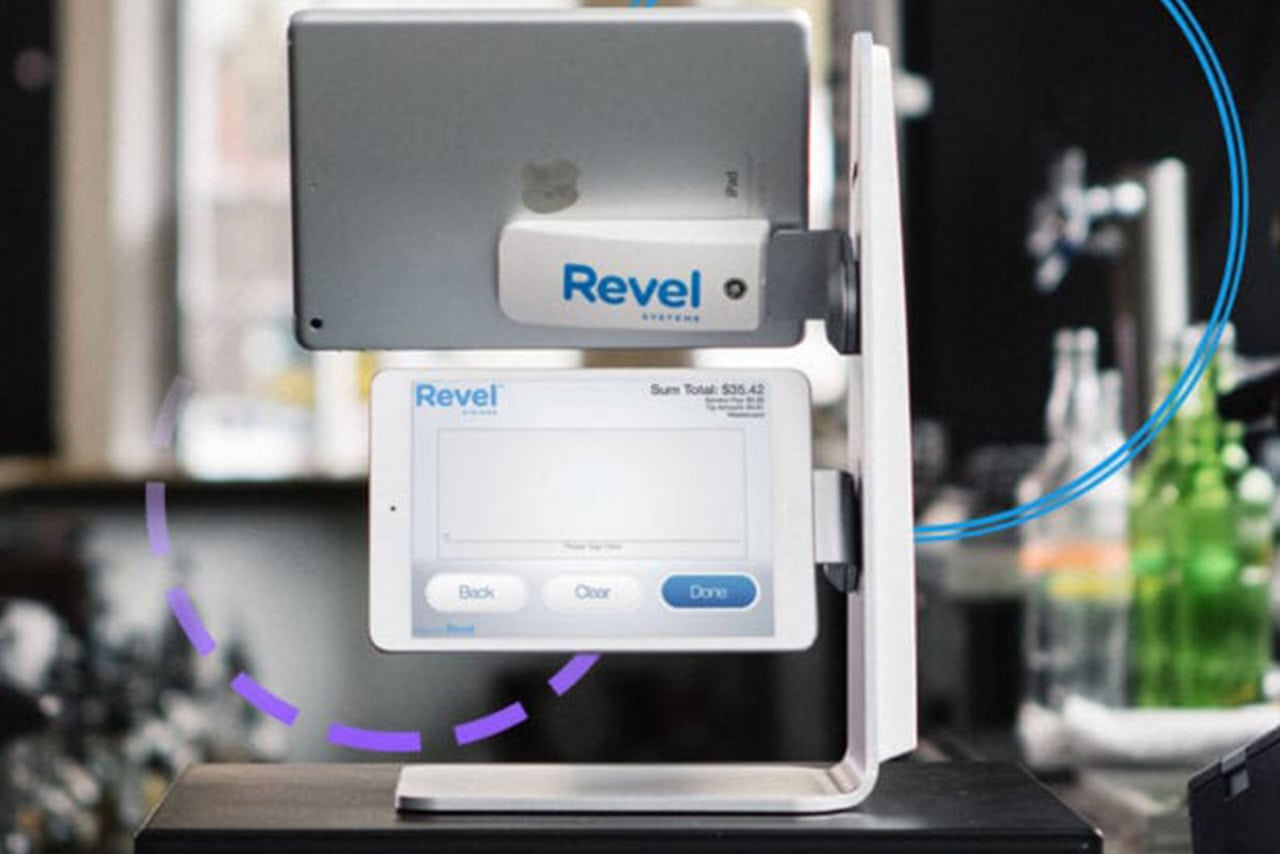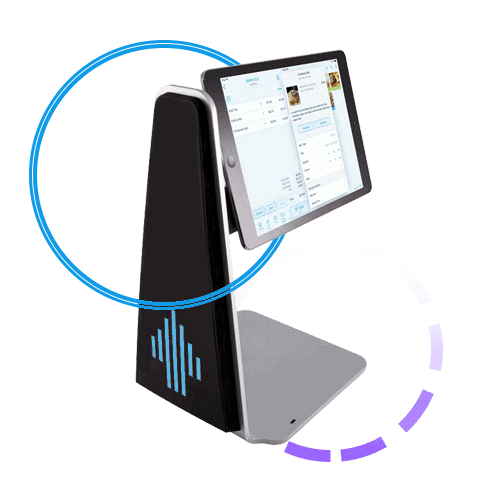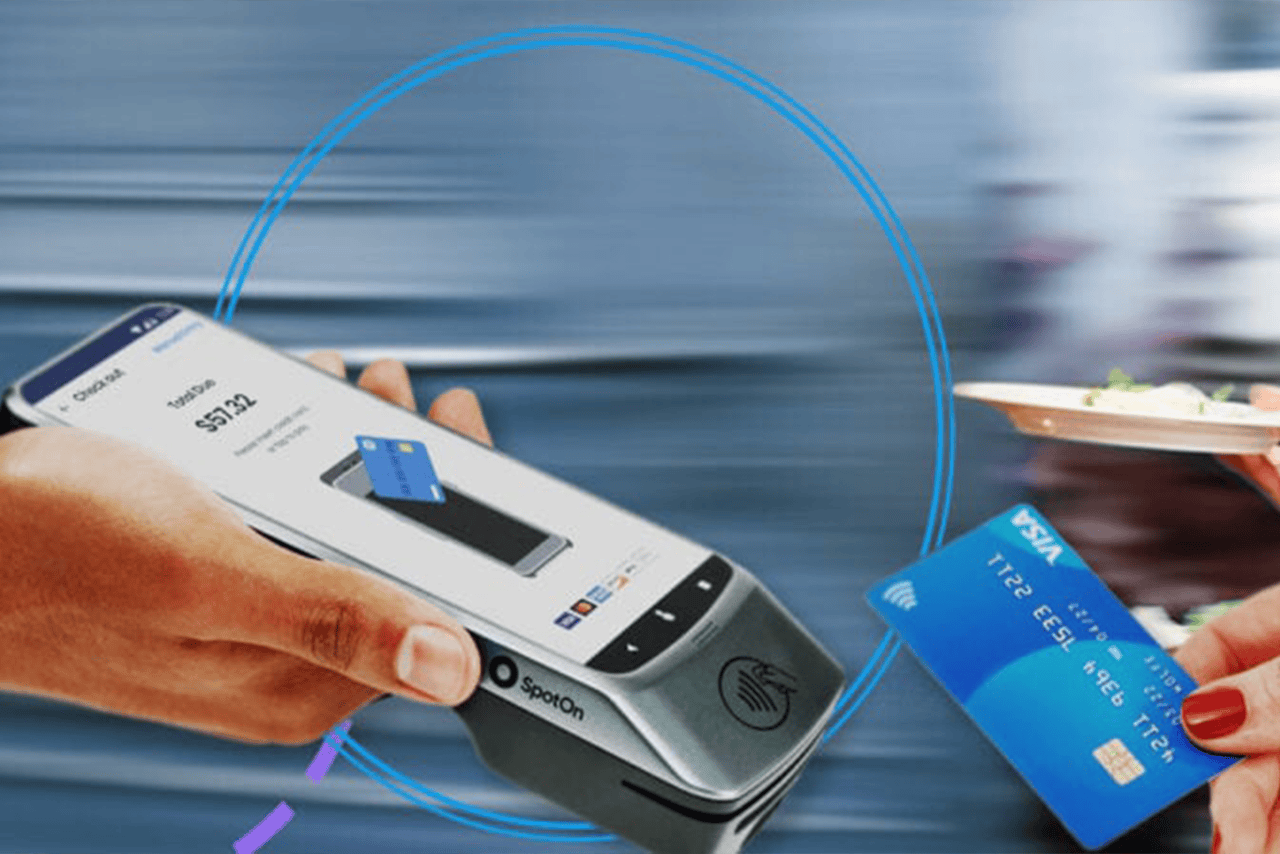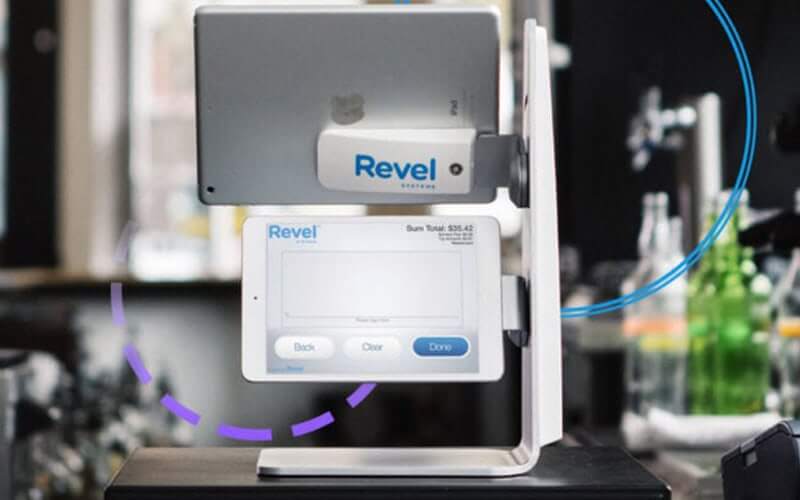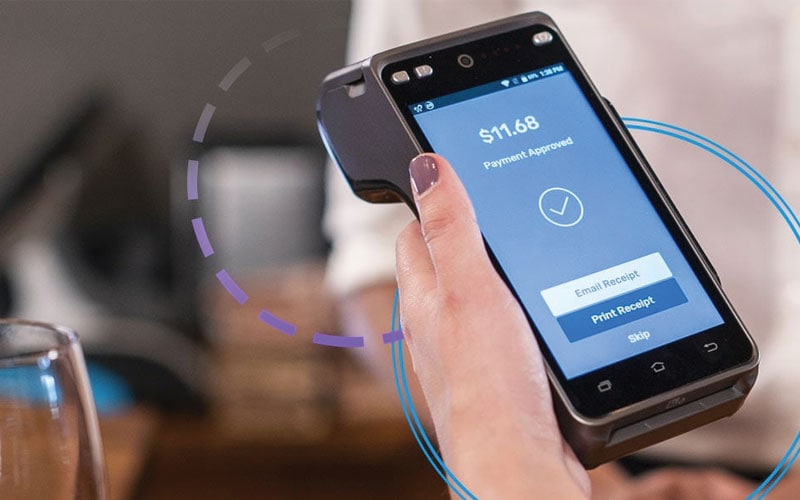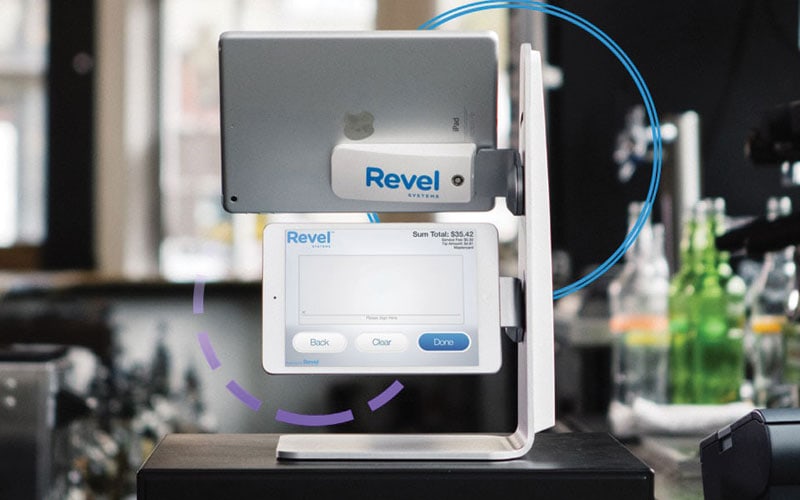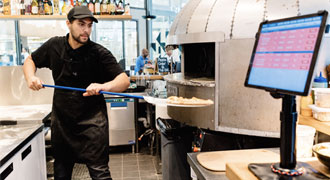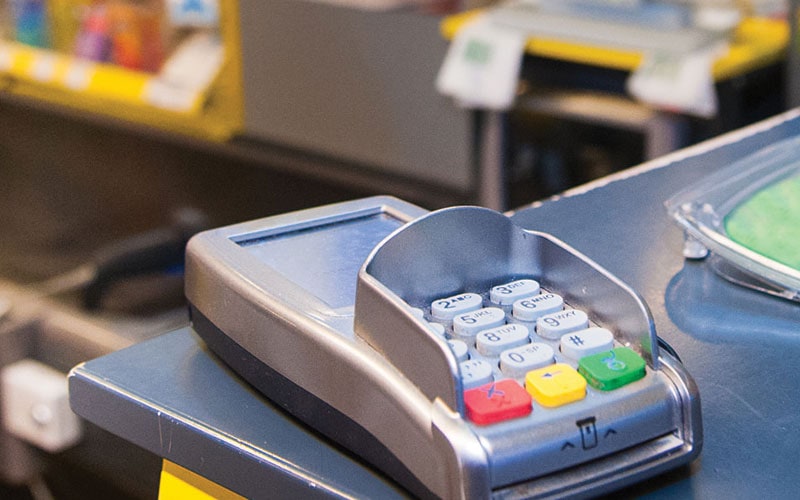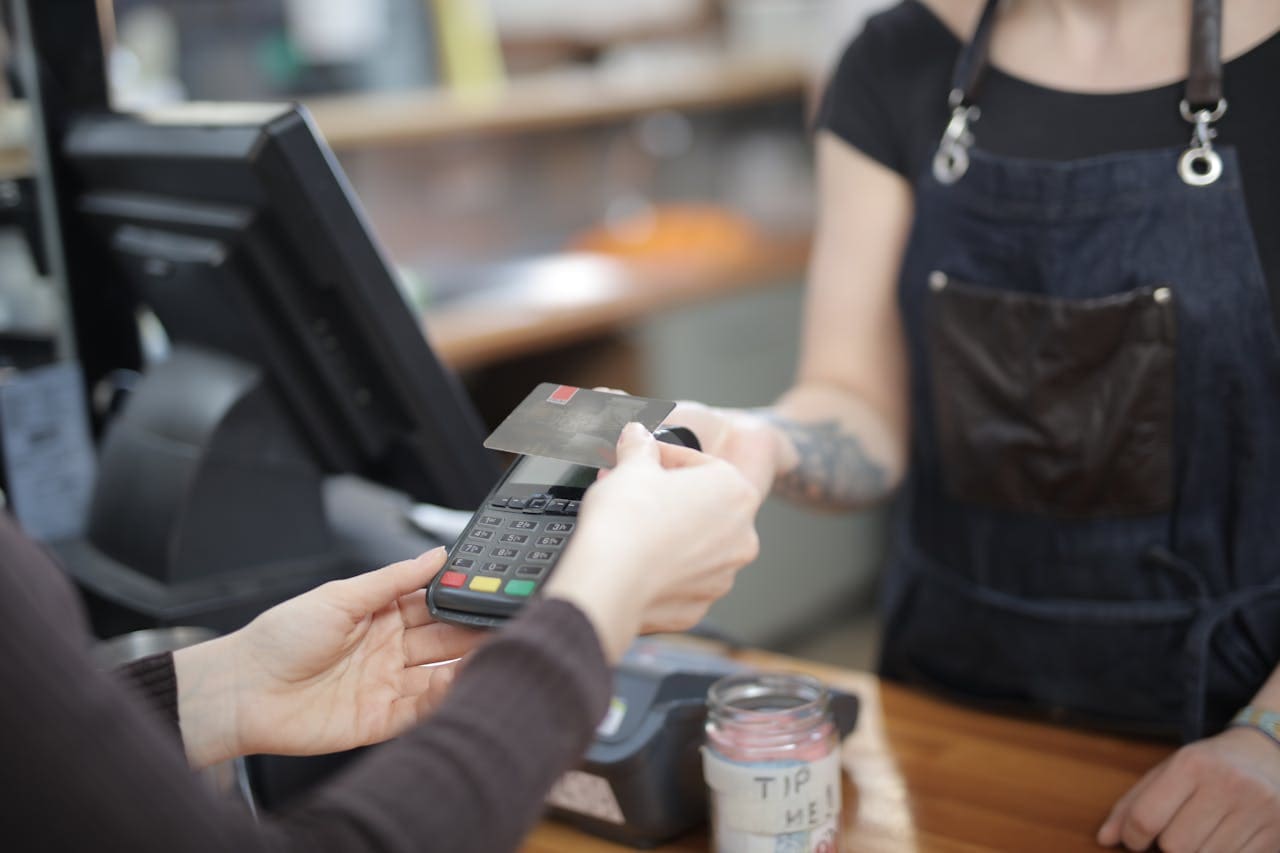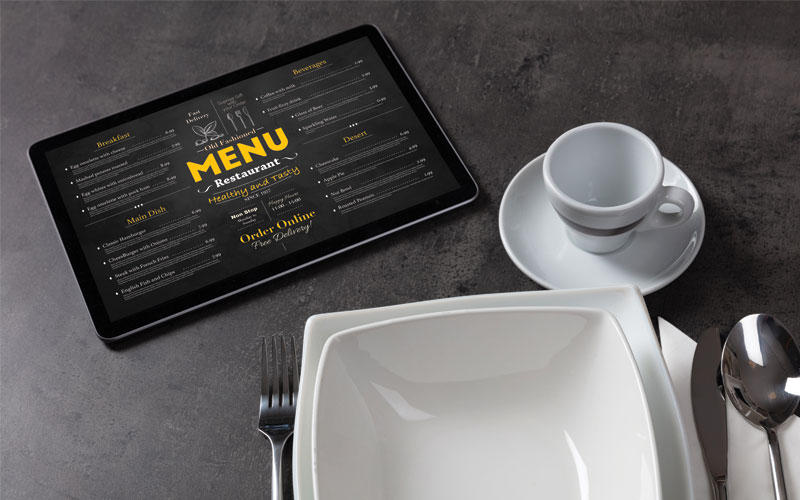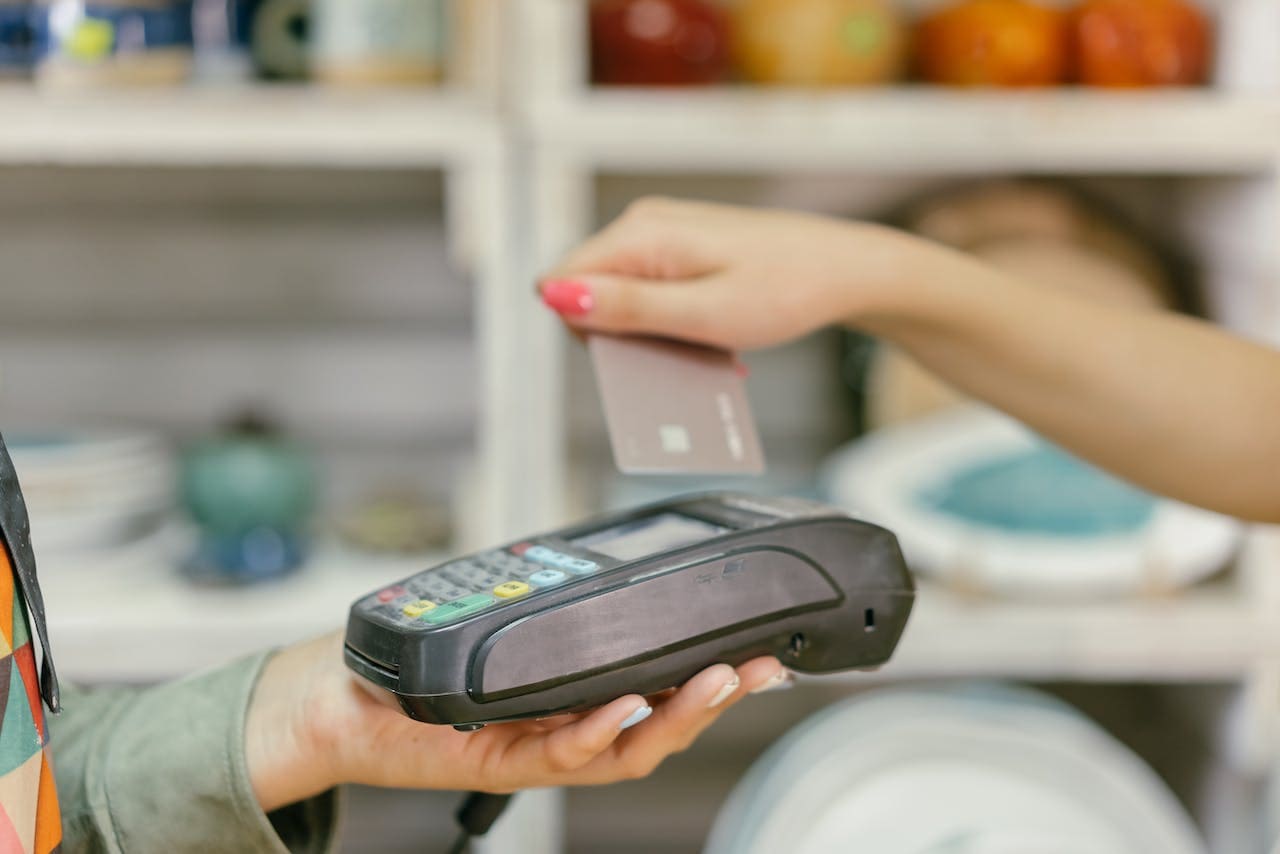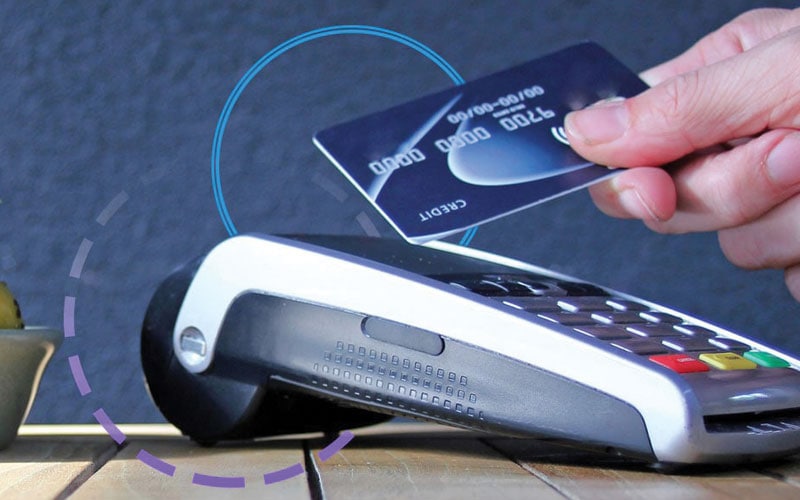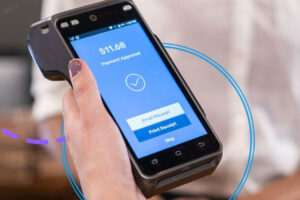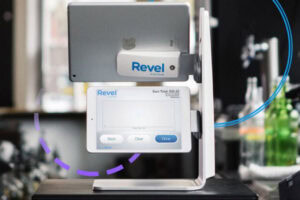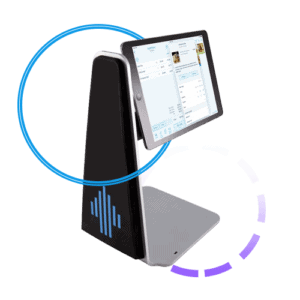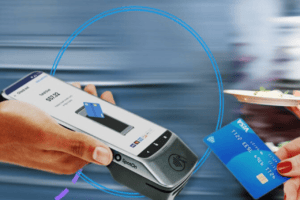Mobile POS Vs. Traditional POS: Which Is Right For You?
In the dynamic landscape of point of sale (POS) systems choosing the right one can feel like navigating a maze.

With technology advancing, the decision often boils down to the classic debate: Mobile POS vs. Traditional POS. In this guide, we’ll break down the key differences, advantages, and considerations, helping you determine which path fits your unique business needs.
Understanding Traditional POS Systems
Let’s kick things off by revisiting the reliable workhorse of the retail world – the Traditional POS. These are the familiar cash registers and fixed terminals that have been the backbone of businesses for decades.
Traditional POS Basics:
Traditional POS systems typically consist of a fixed terminal, cash drawer, receipt printer, and, in some cases, a barcode scanner. They’ve been the go-to choice for businesses with a set location and a steady flow of transactions.
Pros and Cons:
The pros? Sturdiness and reliability. Traditional POS systems are known for their durability and robustness. However, the cons include limited mobility, which can be a drawback in today’s fast-paced business environment.
Emergence of Mobile and Pocket POS Solutions
Now, let’s pivot to the game-changer – the Mobile POS and its pocket-sized sidekick. This dynamic solution is changing the landscape, especially for businesses that thrive on flexibility and mobility.
Mobile POS Basics:
Imagine a sleek tablet or smartphone transforming into a point-of-sale device. That’s the essence of Mobile POS solutions. It allows businesses to process transactions, manage inventory, and engage customers, all from the palm of their hand.
Pocket POS Basics:
And then there’s the pocket-sized marvel, making transactions a breeze for businesses on the move. Compact, powerful, and ready to roll wherever your business takes you.
Advantages:
The advantages are striking. Mobility tops the list – whether you’re a food truck owner, a pop-up shop entrepreneur, or a service provider on the go, Mobile POS gives you the freedom to conduct business anywhere. Real-time updates and the ability to integrate with other systems make it a versatile choice.
Comparing Functionality: Mobile vs. Traditional POS

Let’s dive into the nitty-gritty of functionality, a critical factor when deciding between Mobile and Traditional POS.
Transaction Processing:
Mobile POS excels here. It empowers businesses to process transactions on the spot, reducing wait times and enhancing customer satisfaction. Traditional POS, on the other hand, requires customers to queue up at a fixed location.
Inventory Management:
Mobile POS shines with its on-the-go inventory management. Need to check stock levels while at a trade show or update product availability on the fly? Mobile POS has got your back. Traditional POS may require manual updates and periodic checks.
Integration with Other Systems:
Both systems offer integration capabilities, but Mobile POS often takes the lead. Cloud-based solutions seamlessly integrate with various business tools, providing a more holistic approach to operations. Pocket-sized POS inherits these integration capabilities as an extension of the mobile revolution.
Customization and Scalability:
Here’s where the magic happens. “Adaptable, flexible technology that can expand as your business grows” – Mobile POS epitomizes this concept. It’s not a one-size-fits-all solution. You can start small and scale up as your business expands, making it adaptable to your evolving needs. Traditional POS systems require significant adjustments or upgrades to accommodate growth.
Flexibility and Mobility:
This is where Mobile POS solutions and Pocket POS ultimately spread their wings. It’s the superhero of flexibility and mobility, allowing businesses to break free from the confines of a fixed location. Imagine a food truck owner effortlessly processing payments at a bustling event or a vendor seamlessly managing transactions at a farmers’ market. That’s the power of mobility in action.
Cost Considerations:
Now, let’s talk money. Traditional POS systems often have a significant upfront cost, including hardware and installation. On the other hand, Mobile POS frequently operates on a subscription model with lower initial costs, making it more budget-friendly, especially for small businesses or startups.
Security Measures:
Regarding security, both Mobile and Traditional POS systems prioritize safeguarding your data. However, Mobile POS solutions often utilize advanced encryption and authentication methods, enhancing the overall security of transactions.
User Experience and Training:
Ease of use is a crucial factor. With intuitive touchscreen interfaces, mobile POS systems often require minimal training. Traditional POS systems, while familiar, may involve a steeper learning curve, especially for new staff members.
Industry-Specific Considerations:
Specific industries thrive with one type of POS over the other. Mobile POS excels in fast-paced environments like food trucks, events, and pop-up shops, while Traditional POS systems maintain dominance in established retail stores.
Real-world Implementations
Let’s explore some real-world scenarios. A boutique expanding its operations to pop-up shops during festivals – a Mobile or Pocket POS seamlessly caters to these temporary setups. Conversely, a longstanding grocery store might find the fixed nature of Traditional POS more fitting.
Making the Decision: Which POS System is Right For You?
The million-dollar question. To decide, assess your business needs, budget constraints, and future growth plans. If adaptability and mobility are at the forefront, Mobile POS might be your hero. For those rooted in a fixed location and well-established operations, Traditional POS systems still hold their ground.
Steps For Implementation and Integration
Once you’ve made your decision, planning for a smooth transition is crucial. Train your team on the chosen system, ensuring everyone feels confident in its usage. Integration strategies should be carefully executed to minimize disruption to your daily operations.
There’s no one-size-fits-all answer in the Mobile POS vs. Traditional POS showdown. Your choice depends on your business’s unique characteristics and aspirations. Are you ready to embrace the adaptable, flexible technology that can expand as your business grows? Whether the nimble Mobile POS or the steadfast Traditional POS, the right solution awaits to elevate your business to new heights. Choose wisely, and here’s to the seamless transactions and satisfied customers that lie ahead!


